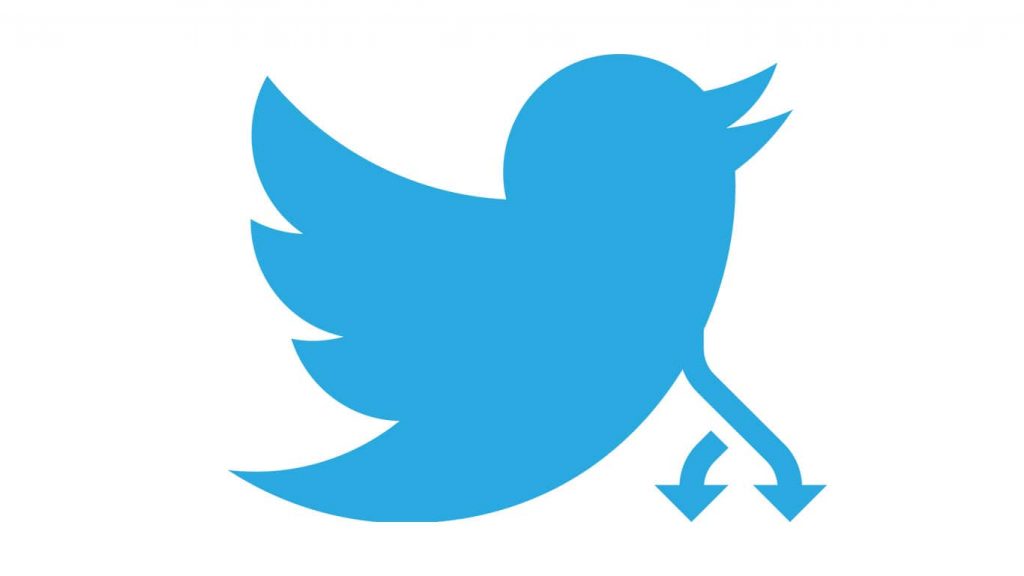
At present, the world is divided into two camps – those who think that Twitter is the very best thing since chocolate ice cream. And others who for one reason or another simply can’t stand the sight, smell, and look of this top social media maestro. If you are in the first camp, we pray for more tweets to your elbow- or fingers. For those firmly in the latter camp, since there’s no possibility of throttling the social media behemoth to death or using a tissue to wipe off its existence from the globe, the best you can do is join some Twitter alternatives.
Why do you need a Twitter Alternative?
You might need a Twitter alternative for various reasons. It is one thing if the platform itself has some issues, but with Twitter, the case is not that simple.
Surely, with almost 530 million monthly users, the platform is a success. However, when you factor in things like the constant hate speeches, incoherent conflicts, consistent trolling, and seething rage-induced poisonous debates, one starts to wonder if it is even worth it.
Yes, the microblogging site works and has a lot to offer, but if you are looking for a reason to remove Twitter from your life, then sadly, you don’t have to look much harder, as it is ripe with issues that might prompt anyone to look for alternatives. These reasons are:
- The Twitter community is unabashedly infamous for engaging in irrelevant scuffles.
- Adding fuel to the fire is the ever-increasing colony of spam and fake accounts, which only propagate to further a certain agenda.
- The platform also excels at magnifying societal issues such as bigotry and racism and is full of hate and conflict.
- It is also very easy to be trolled on Twitter.
- Even from a marketer’s perspective, the platform has little to offer, owing to its limited visibility.
- The platform is also not shy about collecting your personal data.
- Prolonged use can leave you addicted, and with tunnel vision, that would only work to reinforce any existing bias.
- Twitter is also not averse to censorship and has been known to deplatform prominent figures, including celebrities and politicians.
Comparison of the Alternatives of Twitter (X)
| Alternative | Description | Best for |
|---|---|---|
| Global platform with extensive features. | Extensive networking and brand integration | |
| GAB | Free speech platform with a 300-character limit. | Advocates of free speech and controversial discussions |
| Tumblr | Versatile platform for sharing various content. | Sharing personal experiences and creative opportunities |
| Diaspora | Privacy-focused, decentralized social network. | Enhanced privacy and data control |
| Minds | Censorship-free platform with a YouTube-Facebook mix. | Free expression, discussions, and expanding horizons |
| Clubhouse | An audio-only networking site with live podcasts. | Audio-based interactions and specific topic categories |
| Path | Platform with limited friends list for intimate connections. | Personal and intimate connections |
| Plurk | Twitter-like platform with a 210-character limit. | Twitter-like features and user-friendly interface |
| Discord | Unique, customizable network of topic-based servers. | Creating focused networks and content sharing |
| Mastodon | An open-source platform with user-controlled content. | Freedom to express without constraints |
| Identi.ca | A virtual copy of Twitter with a 140-character limit. | Familiar Twitter-like features |
| Soup.io | Versatile platform for content sharing and re-posting. | Content sharing and cross-platform posting |
Top Twitter Alternatives
These run the gamut from the crude to the bizarre and the masterful. Still, a few do a good enough job to make you forget all about the sumptuous goodies on offer on Twitter. Here are the Twitter alternatives:
1. Facebook

This is by far the best Twitter alternative to be found in the galaxy. Facebook sublimely connects you to the globe, removes all sorts of boundaries and geographical limitations, and grows ever more delish as it’s continually upgraded.
Don’t want to tweet? Then Facebook should have all and more besides what you need and is sure to leave you breathless at what it enables you and countless others to daily do. Also, do have a look at the best FB alternatives.
Pros
- Wide global reach
- Extensive features for networking
- Frequent updates and enhancements
- Eliminates geographical boundaries
- Integration with businesses and brands
Cons
- Privacy concerns
- Algorithm-driven feed
- Presence of ads and sponsored content
- Potential for misinformation
- May lack the focus on real-time updates
2. GAB

A social network for those with the gift of the gab, GAB comes with a 300-character limit and can be compared to a kinder and easier-to-use version of Twitter. With no ads to speak of and the ability to post and say virtually any controversial thing that comes to mind, GAB punches far above its class and is presently in a fight with the likes of Twitter for your favor and patronage.
Beloved by free speech advocates, rocking a flexible user experience that lets you set the exact type of content you want to expose yourself to and guaranteed to teach you a thing or two about the world, GAB is fab!
Pros
- Extended character limit (300 characters)
- Free speech environment
- No ads
- Open to controversial discussions
- User-controlled content exposure
Cons
- Smaller user base compared to Twitter
- Potential for extreme or controversial content
- Limited brand recognition
- The transition may require convincing contacts
3. Tumblr
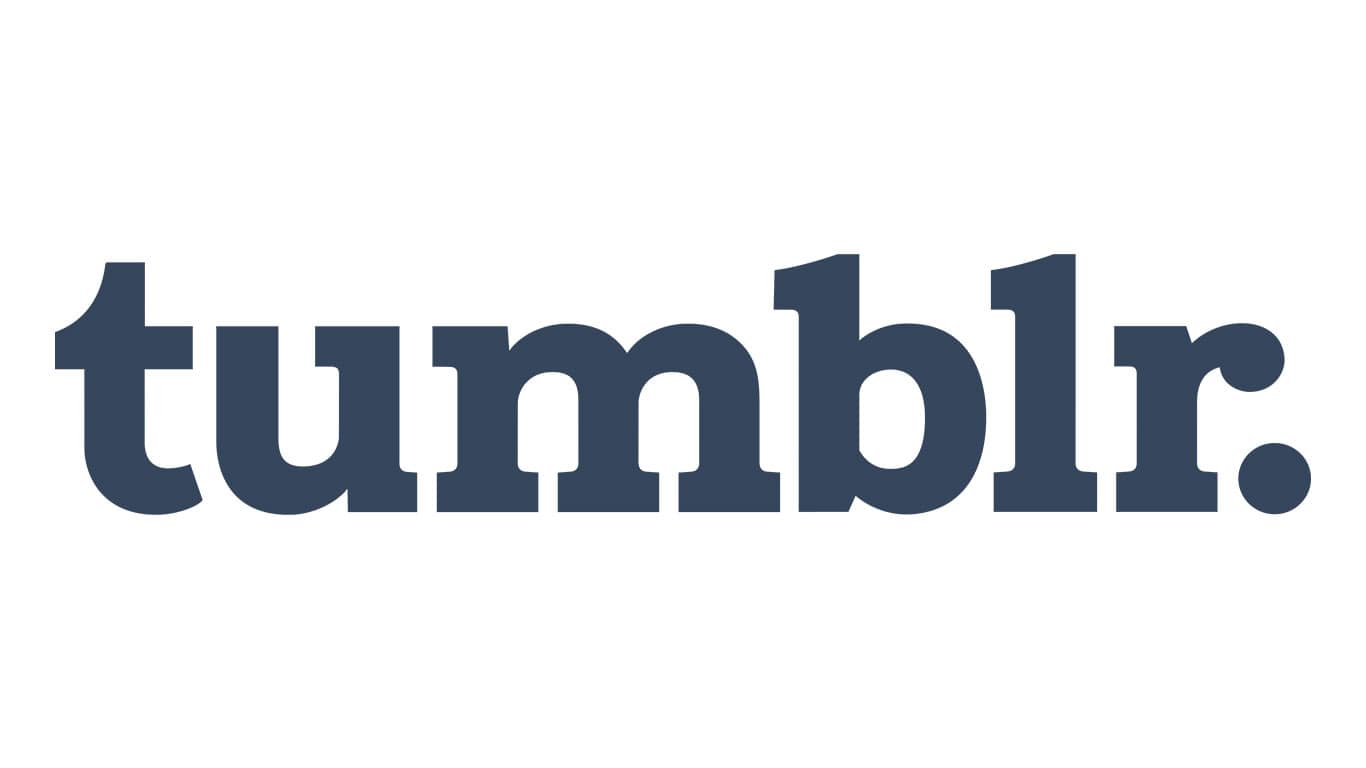
For charitable folks who share everything and anything about their lives, Tumblr is king. So, instead of creating a Twitter account, you can go for Tumblr. While it’s principally a pic, video, text, music, link, and a sharing site, it’s still a great place to connect, get exposed to different ways of life, and have endless fun all days of the week. And yes, it can easily take the place of Twitter in your life. And the world.
Pros
- Diverse content sharing (pics, videos, text, music, links)
- Connectivity and exposure to various lifestyles
- Extensive creative opportunities
- Suitable for sharing personal experiences
- Versatile and user-friendly
Cons
- Niche interests may vary
- Potential for explicit content
- Less professional networking focus
- Limited real-time updates
4. Diaspora

Social media is awesome to the nth degree! Till the private info, you posted there gets manipulated and used to mess up your life. Enter Diaspora; think of it as a version of Facebook with more bulky and privacy-oriented muscles that lets you have fun without having to pay through the nose for it in the future. Now properly coddled and guarded you can play with the social media lion without ending up in its belly.
Pros
- Enhanced privacy and data control
- Decentralized network
- Fun without privacy concerns
- Open-source architecture
- Potential for increased user trust
Cons
- Limited global recognition
- The user interface may vary
- A limited content diversity
5. Minds
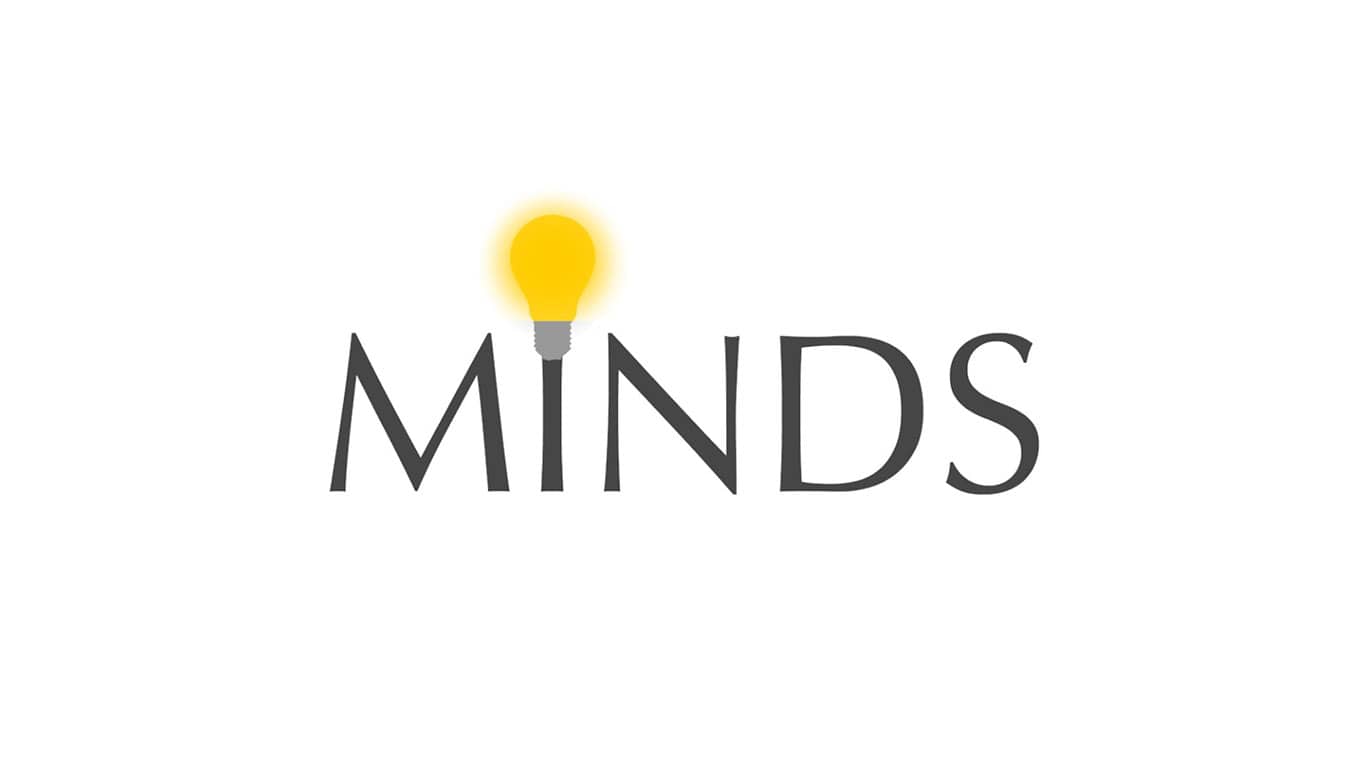
Imagine a social media site where there’s no censorship and the muzzling of people who have an opinion different from the majority. And that also combines elements of YouTube and Facebook in a very slick, fun, and immersive interface. That’s Minds.
Got something important to say? Need people to listen to it without judgment? Feel like sharing virtually anything under the globe save, say, President Trump’s tax returns? Then Minds will excellently serve. With a growing list of users, features, and content, Minds is well on its way up. And is an excellent alternative to Twitter for cerebral folks. And others wishing to expand their horizons.
Pros
- No censorship
- Combines elements of YouTube and Facebook
- Growing user base and features
- Free expression and discussions
- Expanding content diversity
Cons
- Potentially extreme or controversial content
- Smaller brand recognition
- Less focus on real-time updates
- Cluttered interface
6. Clubhouse
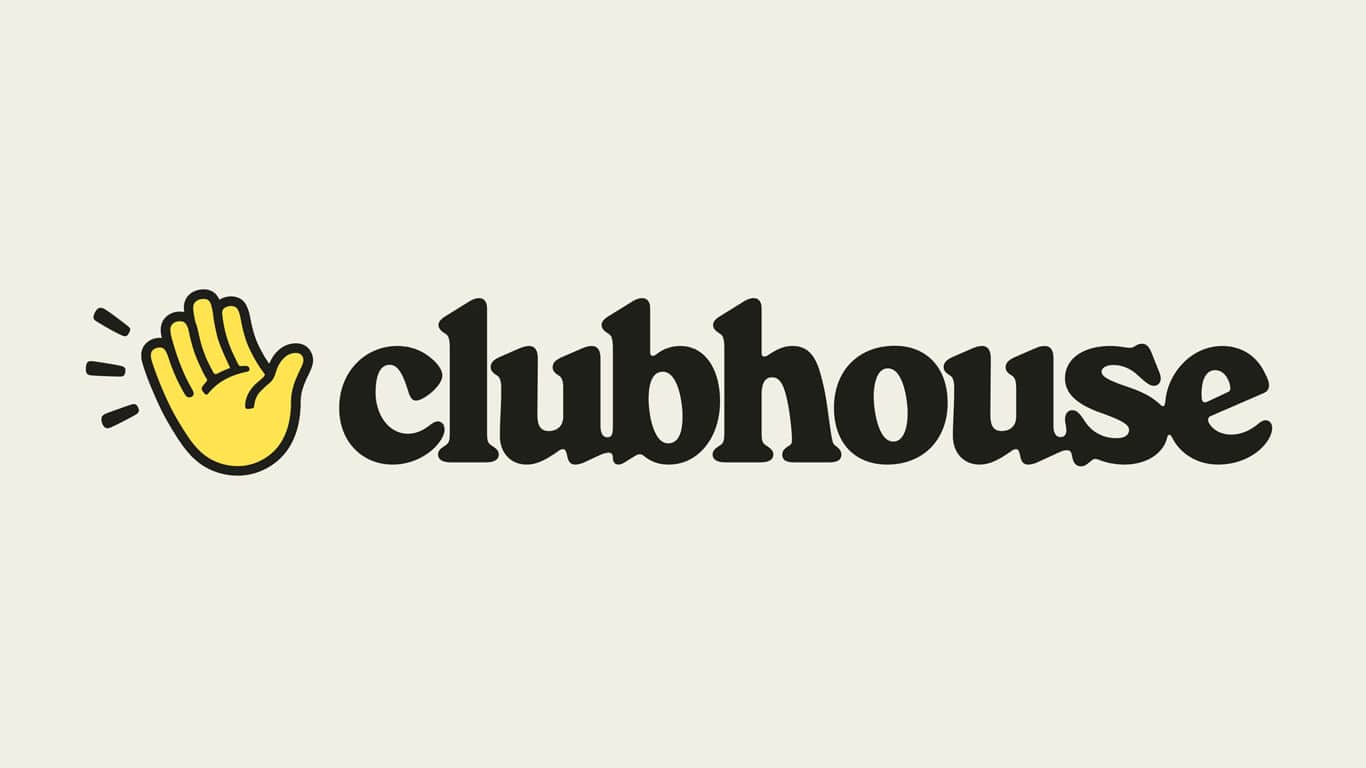
Clubhouse is a unique social networking site where interactions are only audio-based. The site works as a live podcast portal where people can stay connected to each other via audio posts. When a person posts something, his ID lits up, and others can listen in. These conversations can be between 2 and 3 people or even someone addressing a crowd, like a TED talk. The platform covers a variety of troupes, such as films, art, culture, business, finance, and politics.
Although there are no pictures, videos, or texts, this unique approach of having only audio posts is pretty successful. Another great thing about Clubhouse is the absence of ads. Other features include the possibility of a custom room, searchable room titles, and Clubhouse users.
Pros
- Unique audio-based interactions
- Live podcast-style discussions
- Variety of topic categories
- No visual content or ads
- Customizable rooms and searchable titles
Cons
- No text, images, or video
- Limited to audio interactions
- Limited user base
- Potential for non-visual limitations
- No written content or real-time updates
7. Path

Still a relative minnow in an ocean full of savage hammerhead sharks, Path manages to distinguish itself. It has all the things you might expect a top social media site to do. As well as a few that might get you wrinkling your brow in astonishment. For example, rather than having all the citizens of your country as friends, on Path, this is limited to 150 only. Thus, in all probability, you will soon learn the names, likes, and dislikes and develop a more intimate sense of friendship with them all.
Looking and feeling like a spicy blend of Google+ and Facebook, Path lets you find your own path and discover friends who might be ready to stand by you no matter what. Which should be the reason d’etre of social media. With friends like these who needs Twitter?
Pros
- Limited friends list (150 only)
- Personal and intimate connections
- Combination of Google+ and Facebook features
- Enhanced knowledge of friends
- Distinguishes itself from major platforms
Cons
- Niche interest in smaller friends list
- Limited professional networking
8. Plurk
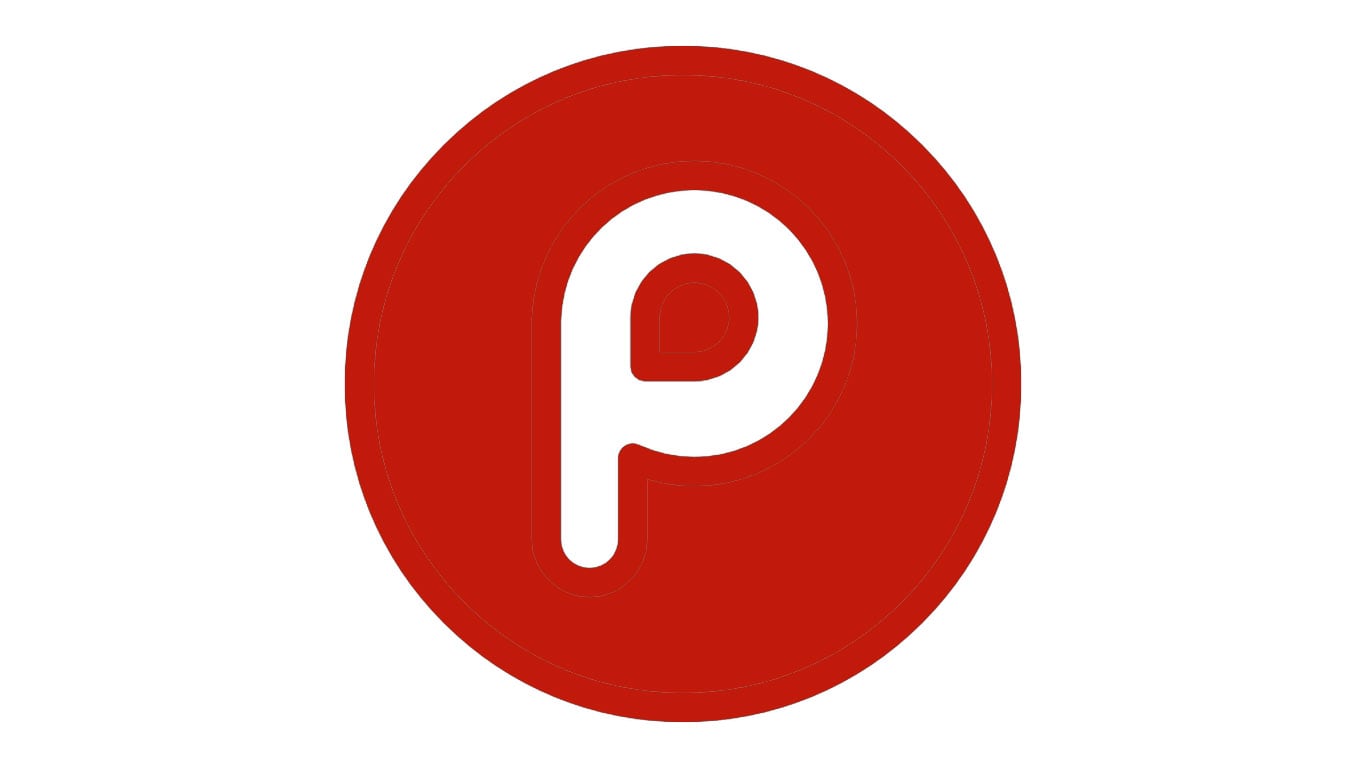
For the best Twitter alternative, you don’t really have to look afar. At least not when Plurk is around. It comes with a 210-character limit and nearly all else that Twitter uses to bewitch people. Except in an all-new, funky, and fab interface, sporting a group chat feature and instant messaging support.
Eat your heart out, Twitter; you just got Plurked!
Pros
- 210-character limit
- Features similar to Twitter
- Group chat and instant messaging
- Flexible and user-friendly interface
Cons
- Smaller user base
- Limited global recognition
- Transition challenges
9. Discord
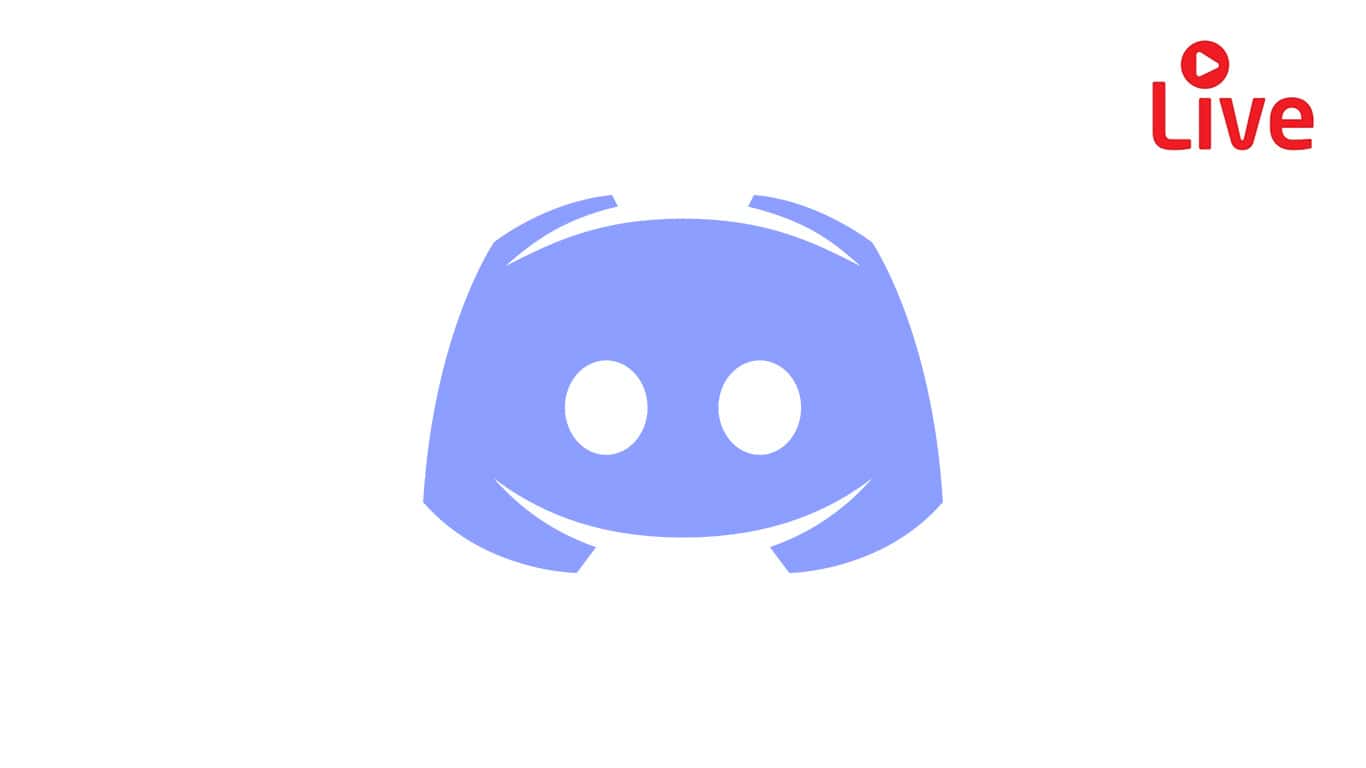
In the ball game of social media platforms, Discord is a whole other beast: that is unique in how it approaches networking. In place of a single platform where multiple users can interact with each other on various topics, Discord offers custom invitation-based servers for the users to create a custom network of people.
The app was first developed as a way to communicate while playing games, as most games didn’t have a voice chatting option. Gradually, it evolved into a much bigger platform that covers books, novels, movies, and other topics.
Discord doesn’t offer public spaces, but rather topic-based servers. And in these servers, they can add and customize channels for more nuance. Other than that, the platform works like any other. People can share texts, audio, pictures, videos, and even calls. If that’s all you need, you can delete your Twitter account today and join Discord instead.
Pros
- Custom invitation-based servers
- Topic-based servers for nuances
- Versatile content sharing (text, audio, images)
- No visual ads
- Ideal for focused network creation
Cons
- No public spaces
- Limited real-time interactions
- May not cover all social networking needs
10. Mastodon
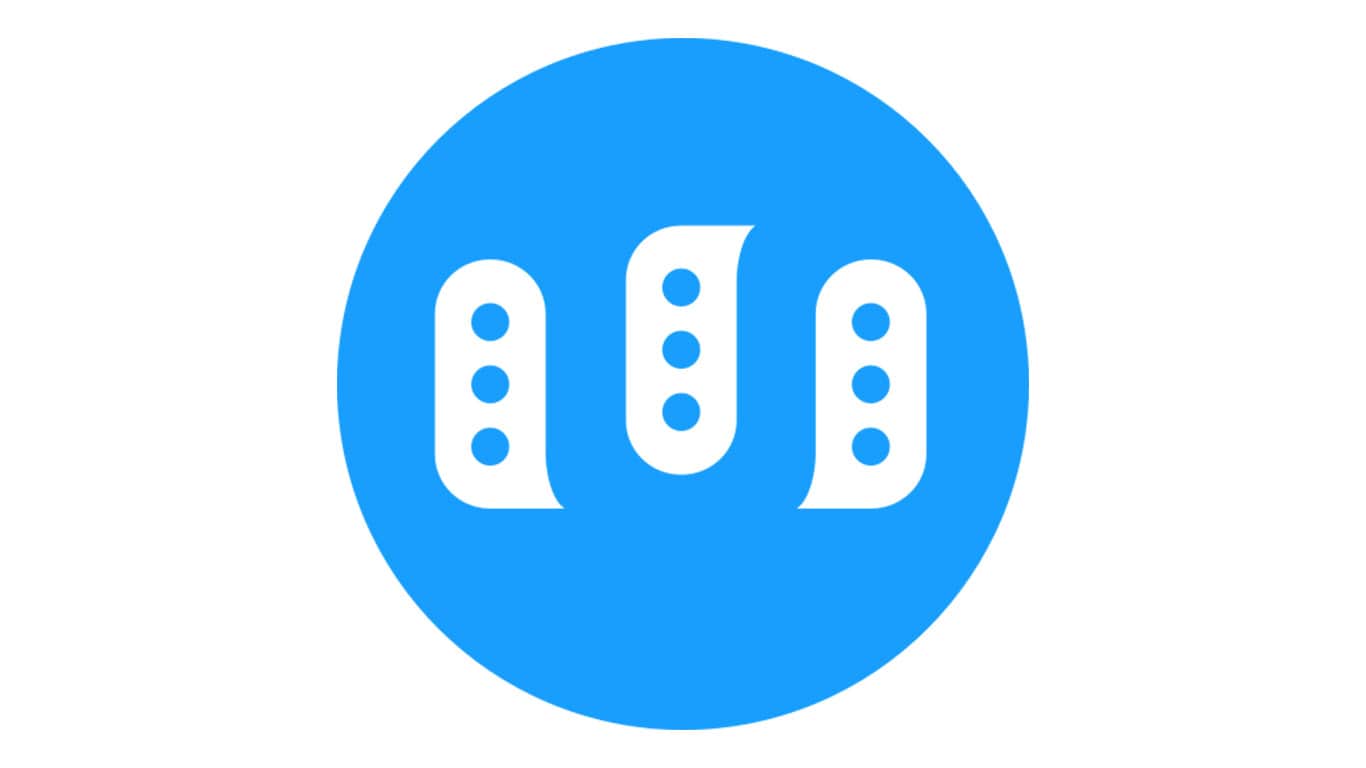
We assure you that this is one dinosaur you want to be enjoying life with. Open source as it is, it comes with endless user customization. With it, you can send and receive private messages from a fellow user, send out private missives to your followers, or say what you want to the public at large and damn the consequence.
When you want to thumb your nose at Twitter few social media sites let you do it so gloriously as does this open-sourced Mastodon.
Pros
- Open-source and customizable
- Private messages, public posts, and user control
- User-controlled content sharing
- Freedom to express without constraints
Cons
- Potential for decentralized content
- User interface troubles
- Many missing features compared to Twitter
11. Identi.ca
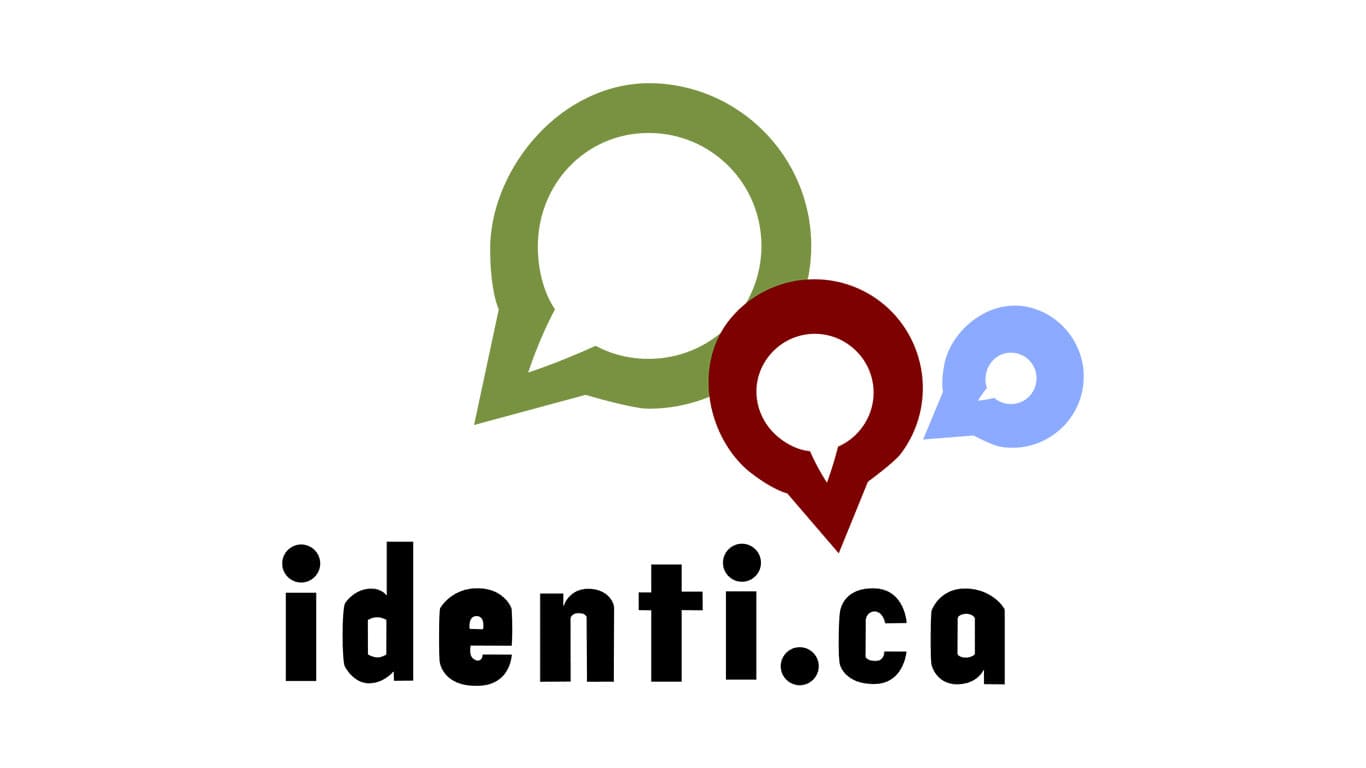
As you might have imagined from the name Identi.ca is a virtual copy of Twitter and you can do anything on it that you can do on its more popular relative. Thus, posts still get limited to 140 characters, you get to follow anyone and anything you might feel like, and post timelines are there to be gawked at.
However, since it sports an open-source architecture be aware that most of its users are computer geeks, four-eyed programmers, and other machine-fingered individuals who speak a language that’s all their own and that’s as understandable as the hissing of a cat. Which can make the site a little hard to use for ordinary folks.
Feel like tweeting without Twitter? Then, this identical twin is sure to have your back.
Pros
- A virtual copy of Twitter
- The 140-character limit for posts
- Familiar Twitter-like features
- Follow users and timelines
Cons
- For more technical users
- Doesn’t include all social networking needs
- The user interface is not great
12. Soup.io
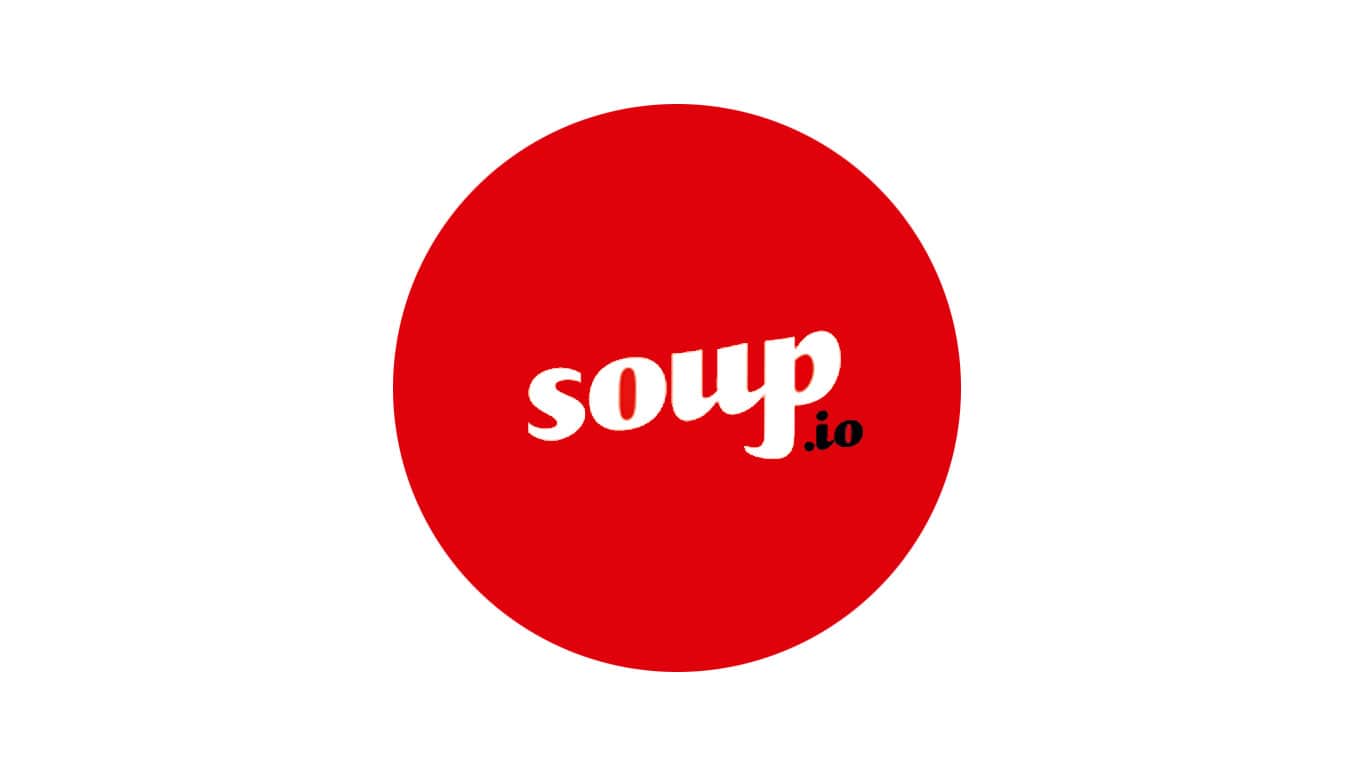
This is like another version of Tumblr that’s warmed up, spiced up, and served in silverware. And it sure is delish. Like Tumblr users can post their heart’s desires with no limits. You can also re-post content from a long list of other blogs, and automatically post from other social media sites.
Facebook/Twitter slayer it ain’t, but it sure does provide a good alternative to either. And alternatives are what you are after, remember.
Pros
- Versatile content sharing
- No content limits
- Re-post content from other blogs
- Automatic posts from other social media
Cons
- May not have the same reach as Twitter
Which one is your Preferred Twitter Alternative?
Twitter rules, but it’s one dictator some are not pleased with. But with excellent alternatives to it, you can rock your world without feeling left out. So, explore the above list of sites like Twitter, find those to your liking, and utilize them to change the world a word/post at a time.
What are we recommending instead of Twitter?
We would love to recommend some alternatives to Twitter. If ethics and privacy are your major concerns, then we would like to point you towards Mastodon. As a decentralized social media platform, it offers free and open-source software, with endless customization and freedom.
Otherwise, you might want to consider Facebook, if you desire a large community and high engagement. Discord is also a likely solution that comes with personalized channels.
Diaspora is also a valid option if you prefer more privacy-centric controls. Or you might want to check out Minds, which is free of censorship and advocates for freedom of speech.